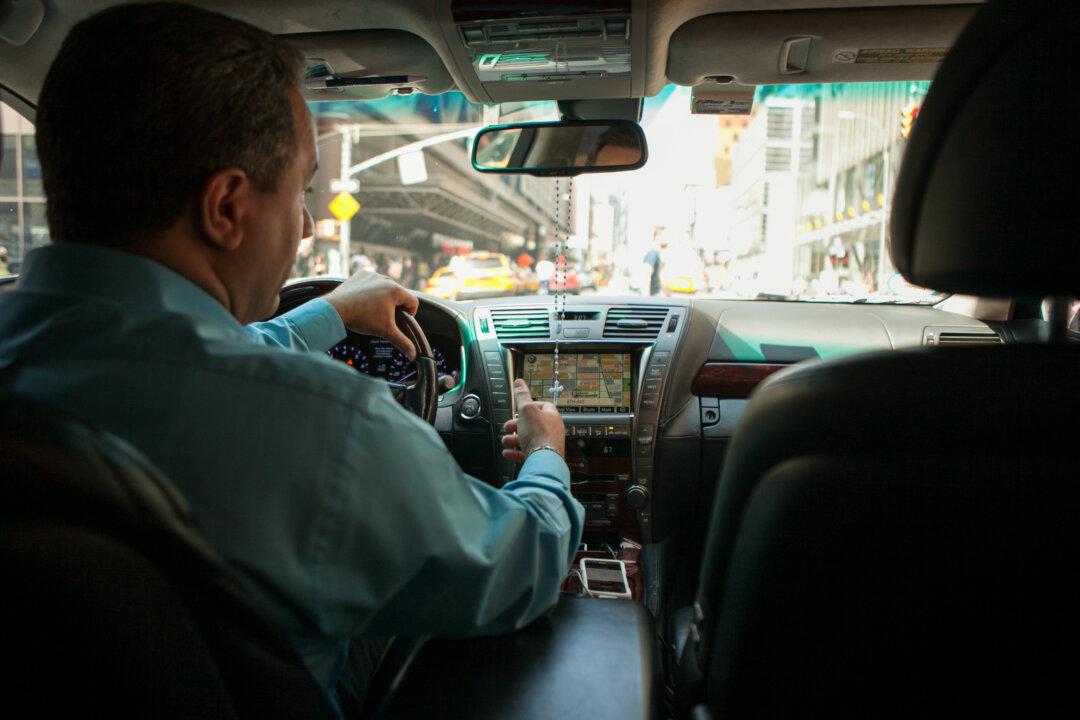An administrative tribunal of New York City has suspended five out of six of Uber’s bases for not handing over electronic trip data.
This just means all of Uber’s drivers will be dispatched through the remaining base, according to a spokesperson. Uber has tens of thousands of drivers in the city who will continue as usual.
Last October the Taxi and Limousine Commission had requested electronic trip records from April to September of last year from 16 high-volume bases. One of Uber’s bases only has 25 vehicles, so it received the request for five of its other bases, and did not comply.
Uber’s Josh Mohrer said in a testiomny it would jeopardize trade secrets and the request was unconstitutional.
Because Uber has provided trip data in the past, and the for-hire license numbers for Uber’s drivers are already public, the hearing officer ruled that Uber’s arguments had no ground. TLC also routinely collects trip data from yellow and green cabs electronically.
But this one-time data request from TLC comes ahead of a new rule that would require electronic trip data collection to be turned in on a regular basis for all for-hire bases. The five bases currently suspended need to pay a fine of $200 each and submit the data to resume operations.
Under the new rules, bases would be fined $100-$150 each time they fail to submit data when it is required. Once TLC decides how often data has to be submitted, if a base continues to refuse to comply the fines would be compounded each time.
The trip data would be used by TLC for complaints or investigations, including ensuring that drivers are dispatched according to the rules. New York City has fared comparatively well to industry upstarts like billed as sharing companies, and much of this has come from the newer companies adhering to the city’s extensive set of rules. Uber and Lyft, traditionally rideshare companies, have gone ahead and launched in other cities illegally in some cases.
TLC spokesperson Allan Fromberg says the data would also inform new or changing policy whether it comes from the agency or City Hall.
“One of the things we wanted to look at most recently was how much cross-base, and cross-license class dispatching there was,” Fromberg wrote in an email. Cross-base dispatching is common, but cross-license class dispatching (a black car base dispatching a livery car) is not allowed.
The City Council is holding a hearing on legislation related to this, Fromberg said, but without data from Uber—one of the biggest industry players—policy makers won’t get a full picture.
“The takeaway here is that government—and by extension the public—is at a disadvantage when policymaking can’t benefit from data generated from its licensees,” Fromberg wrote.
And riders will care, according Michael O'Loughlin, spokesperson for Cab Riders United.
Whether it is running red lights, hitting a pedestrian, or discriminating against a customer, “New Yorkers deserve to know the TLC can and will enforce the same high standard no matter what part of the city,” O'Loughlin said, “regardless of whether the driver is behind the wheel of a yellow cab, green cab, a traditional car service, or an Uber or Lyft car.”
UPDATE: This article has been updated with additional comments.





